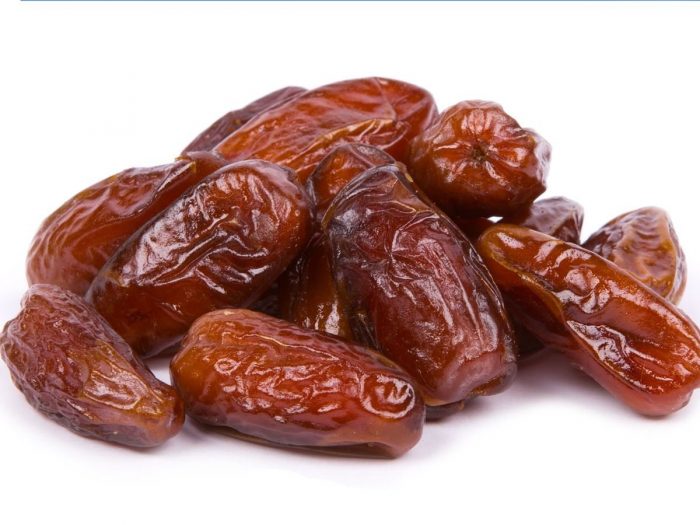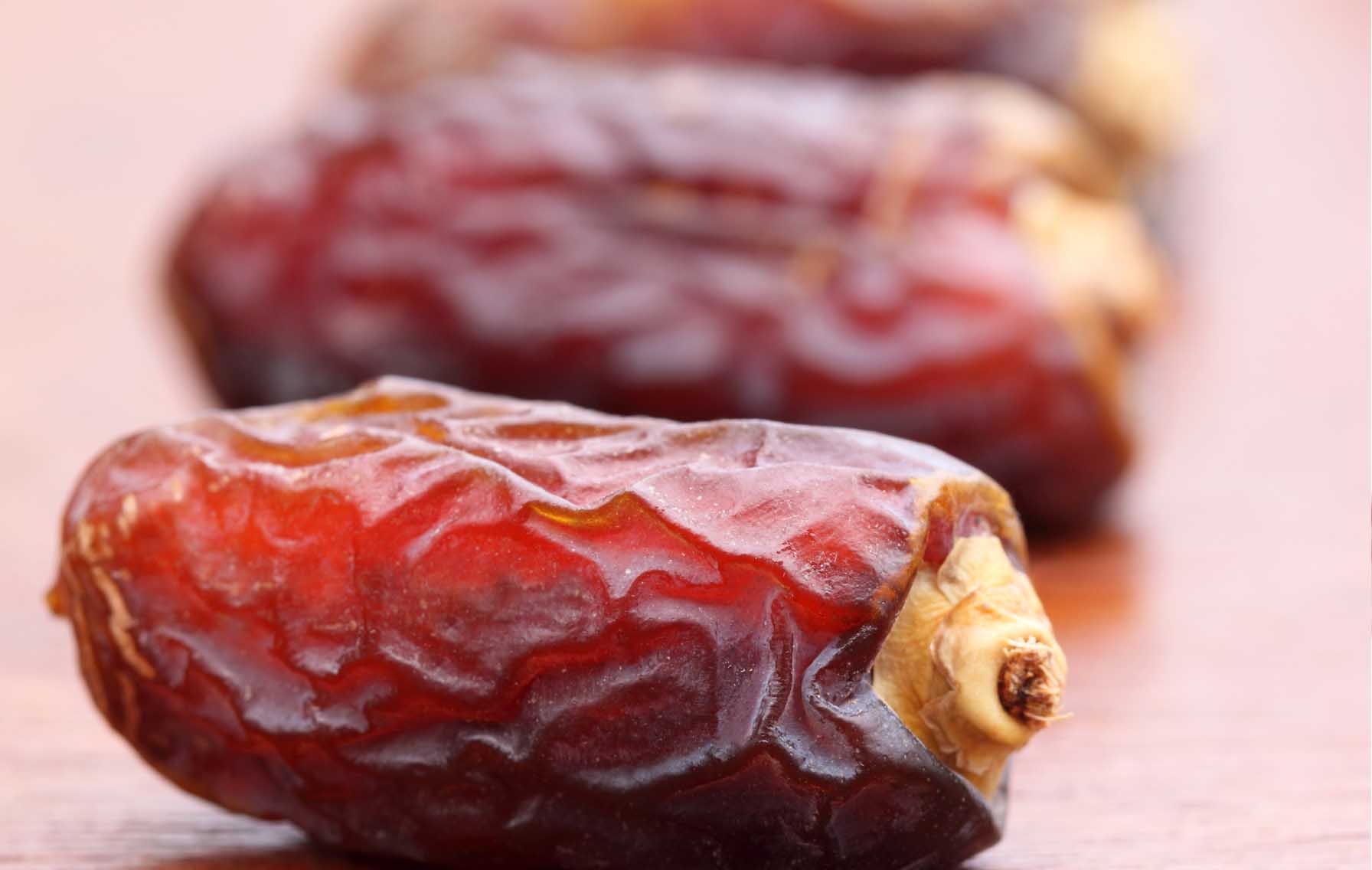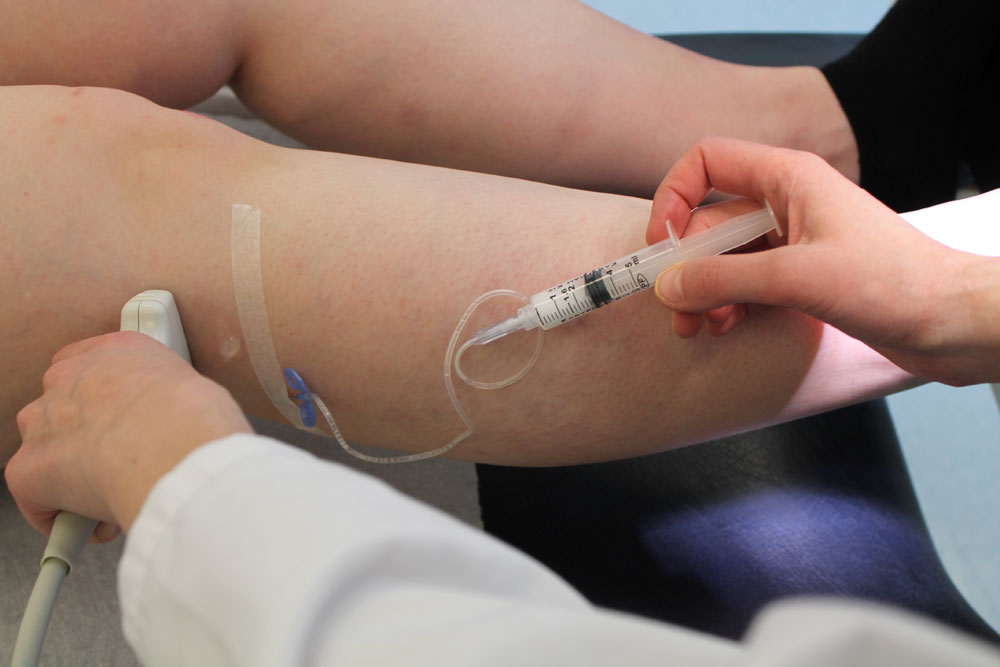Eating dates during pregnancy may help a woman’s labor progress without the need for pitocin or emergency intervention, research suggests.
Dates are one of those exotic fruits that appear in a wide variety of Mediterranean and Middle Eastern cuisine. They’re unlike any fruit we find in the West, and they’re a delicious, highly nutritious treat. Yet did you know that they offer a wide range of health benefits? Aside from their high fiber and natural sugar content, they’re a good source of vitamins and minerals your body needs to function properly. But, what you may not know is that eating dates during pregnancy may be just what you need to keep your labor progressing smoothly.
READ MORE: Labor Inducing Exercises Worth Trying
In 2011, the Journal of Obstetrics and Gynecology published a study that examined the effects of dates on pregnancy and labor. Nearly 120 women participated in the study. 69 of them ate six dates per day for the 4 weeks leading up to their due date. When it came time to give birth, those women saw the effects of the dates:
- Cervical dilation was higher upon admission among the women who ate dates
- Spontaneous labor occurred in 96% of the cases of the women who ate dates, while it only occurred with 79% of the women who didn’t eat dates.
- The women who ate dates had lower levels of oxytocin and prostin than the women who didn’t.
- The latent phase of the women who ate dates tended to be shorter on average than the women who didn’t eat dates.
This study proved that eating dates in the final weeks/months leading up to childbirth could help to make the delivery a bit easier. The outcome of the delivery was more favorable among the women who ate dates.

READ MORE: False Positive Pregnancy Test: Can it Happen?
What Does This Mean for You?
The above-mentioned study leads us to draw one simple conclusion: dates make delivery easier.
For whatever reason (the study didn’t mention what caused pregnancy to be easier), dates seem to work. Eating dates during pregnancy—especially during the final weeks of the pregnancy—can make it easier and smoother when it comes time for the delivery.
Not only did the women experience better cervical dilation, but the chance of spontaneous (natural and uninduced) labor was significantly higher among the women who ate dates. Their contractions also weren’t as strong, courtesy of the lower oxytocin levels. Finally, they had a shorter latent (early) labor phase. They progressed from the onset of contractions to the actual delivery of the child noticeably quicker than the women who didn’t consume dates.
If you want to make your childbirth easier, it’s a good idea to add dates to your diet. You can start eating them weeks before you’re due to give birth. By the time your delivery rolls around, you will have given your body the nutrients that will make childbirth easier.
But be warned, especially if you have gestational diabetes: dates are pretty high sugar!
Eating dates during pregnancy can be positive for digestions, though, as they contain plenty of dietary fiber. However, they do contain a lot more sugar than most of the other fruits in your home. While the fiber will negate the effects of a lot of the sugar, there is still the risk of glucose spikes after eating a lot of dates. Given that pregnancy-related diabetes is a very real problem, it’s better to limit yourself to just a few dates at a time.
In the study above, the women only ate six dates per day. That’s just one serving of fruit—not too much sugar at all! By limiting your portion, you can reduce your risk of pregnancy diabetes while benefitting from the effects of the dates. It’s a win-win for everyone!








